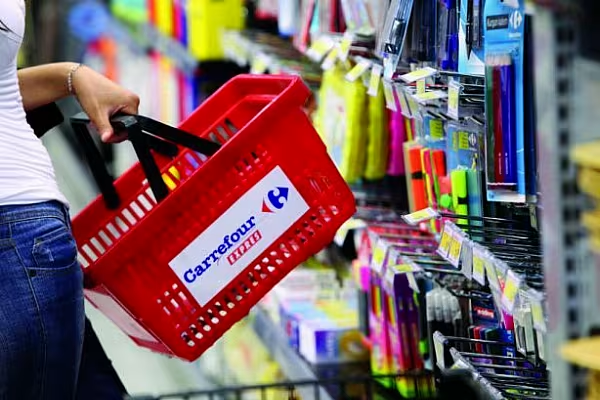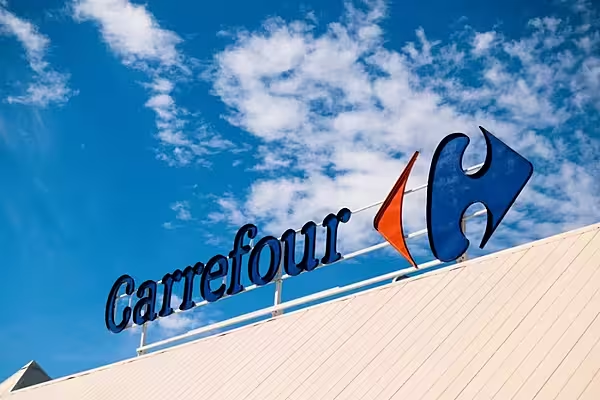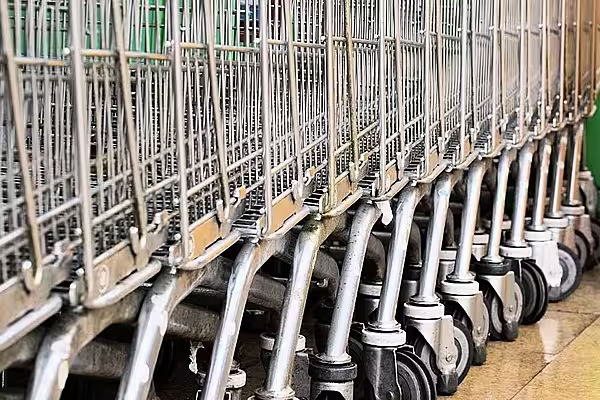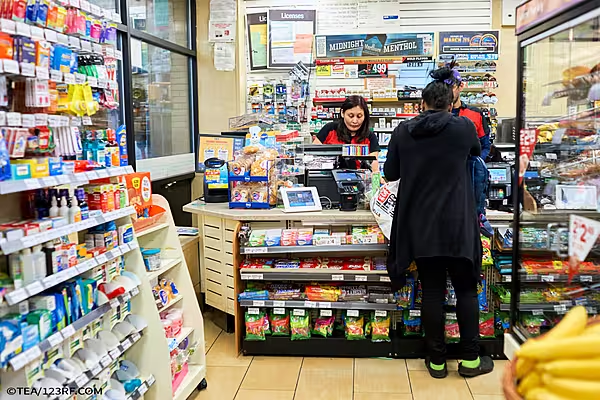Carrefour has come to agreement with major French unions, including the FO, CFDT, GSC and CFTC, regarding the voluntary departure of some 2,400 employees from its Paris headquarters, as well as relating to redundancies from the pending closure of some 273 former DIA outlets.
The retailer announced the plans in January with the launch of its 'Carrefour 2022' transformation plan, however, unions had to date rejected the voluntary packages proposed by the retailer, which led to strikes around the Easter period.
Transformation Process
However, Les Echos reported yesterday that the retailer and the four main unions representing its workers have come to agreement, meaning the business can now 'move on' and implement the transformation process.
As part of the agreement, those seeking voluntary redundancies can receive up to two years' worth of wages as a payment, depending on their level of seniority, and, should they be with the business for more than 30 years, can avail of early retirement.
The agreements require validation by the relevant authorities, and both parties are confident that this process will be completed by the start of July.
Cycle Of Good News
Commenting on the announcement, analyst Bruno Monteyne of Bernstein Research said that the agreement means that Carrefour will be seeking to return to a "cycle of good news and hope" about the future of the business.
"As we argued in our recent note, we believe [Carrefour] shares will oscillate between moments of despair (recent trading momentum, ongoing market share losses, news flow of competitive activity) and hope (delivering major parts of the plan)," he explained, adding that he expects the shares to trade at between €15 and €20.
"The shares are at the lower end of the range, so those actions may spur the shares on in the coming days," said Monteyne.
Montyene added that the "key to a successful turnaround" strategy, as was the case with Tesco in the UK, is the level of traction and sales momentum the business can get with consumers.
"The way the plan is designed and executed makes it likely that it will be at least another year before we can see solid/sustained sales recovery (or stabilisation)," he noted.
"Equally on the margin trajectory, the business is still adapting to the competitive landscape in France (i.e. margins going down) and the costs savings programs are deep but take time. Therefore it is way too early in our view to be able to judge the odds of success at Carrefour. We see it as a trading stock, rather than an investment opportunity, for a while longer."
© 2018 European Supermarket Magazine – your source for the latest retail news. Article by Stephen Wynne-Jones. Click subscribe to sign up to ESM: European Supermarket Magazine.














